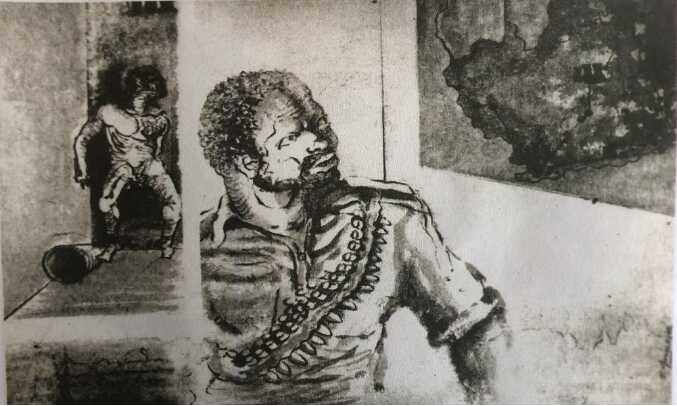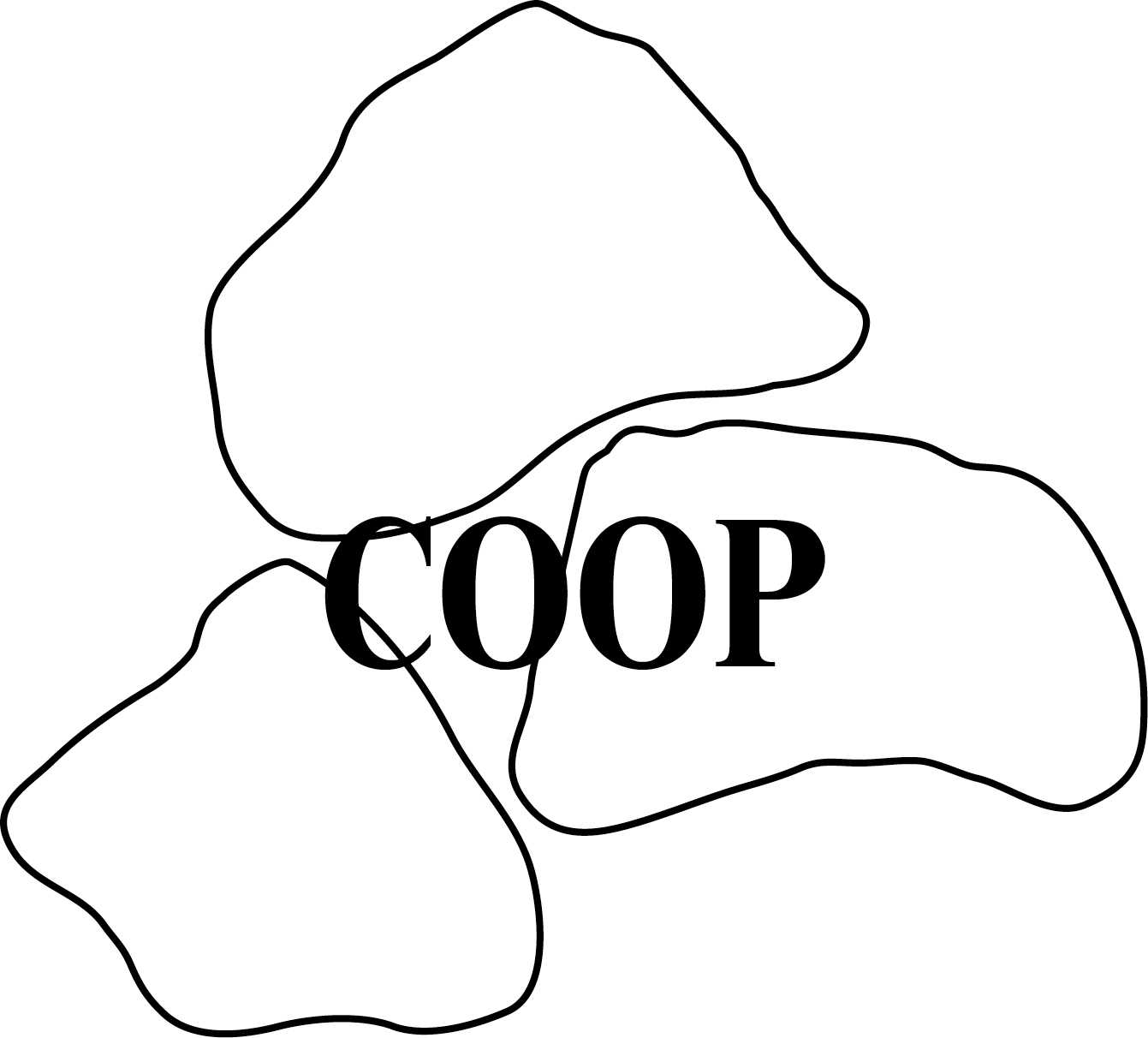2024-2025 COOP study group ~ An Invitation to Action - A Basis for Hope
Tutor team:
Guests:
Partner Institution:
Student participants:
Christelle Makris, Echo Guo, Fagner Lima, Liam Warren, Muyang Teng, Qiaoling Cai, Ratri Notosudirdjo, Sara Alberani, Zhuang Leng
Student led reflection:
Chronicles (COMING DECEMBER 2024)
Program:
An Invitation to Action - A Basis for Hope
Introduction:
This COOP study group is the continuation of an ongoing study of the historical legacy of cultural workers and their material involvement in and support of anti-imperialism. It is an invitation to reflect, to draw from and to study the role that art has to play as a weapon of struggle and the lessons that cultural practitioners of today can learn as we attempt to wield it.
Central to our artistic and curatorial practice at SAVVY Contemporary is to consider archives as living and breathing entities. This is to say that when we endeavour to study histories of anti-colonial struggle, we must engage in a different kind of historicism - one which avoids the presentation of past struggle as what Fanon has termed “mummified fragments which hypnotise us,” but rather to consider them as flashpoints on a continuum, of which we are still part. We must resist the counter-revolutionary urges of our time to separate the past from our present but rather, as Fanon reminds us, “the colonised man who writes for his people ought to use the past with the intention of opening the future, as an invitation to action and a basis for hope. But to ensure that hope and to give it form, he must take part in action and throw himself body and soul into the national struggle.”1
The work of the Medu Art Ensemble, a coalition of cultural workers which, from a position of exile in Botswana, was active in the struggle against apartheid from 1976 to 1985, is a major anchoring in this space of study. Medu, which was involved both politically, with the African National Congress, and militantly, with Umkhonto we Sizwe, is a point from which we can depart to reflect more broadly on the condition of cultural workers today as well as to investigate strategies of solidarity across movements of resistance. We will use this space to muse collectively and to reflect on a series of questions as they relate to cultural workers under conditions of exile, diaspora, refuge and displacement. As well as the question of militancy as it relates to form, content and artistic publics.
As SAVVY Contemporary, a migrant led art-space, we ask you to reflect with us on how one can make sense of one’s own and current commitments to liberation struggles from within the proverbial “belly of the beast”? How can we reflect, study and create in a manner which transcends the bubbles of migrant artists, curators and those who might already be predisposed to what we have to say? Have we been relegated to a position of emotional appeal to the better graces of liberal European thought? Are we doomed to forever plead to a European public to make good on their promises of enlightenment and humanitarianism, or are these concepts to be understood, as Marimba Ani suggests, to be mere fictions, created in a society in which the distance between rhetoric and behaviour is insurmountable? Ani sees clearly the purpose of the European rhetoric of humanitarianism as an outwardly projected ideal; perennially out of reach. If rhetoric, as Ani says, has a use value, then “to be aware of the strategic advantage of appearing to be altruistic when one is operating out of self-interest does not mean that altruism is a meaningful “ideal” in terms of one’s value-system. It is, instead, an outgrowth of the propaganda that the Europeans have fed “non-European” peoples since they first sought to conquer them. Because they exported (“sold”) this altruistic image so successfully, they have had to project themselves as adhering to this “ideal”; similarly, the projection of themselves or their motives in this way has been essential to the successful imposition of this “ethic” on others.”2
This is an invitation to collectively study the role of cultural work within the struggle against apartheid, imperialism, patriarchy and other dominating oppressive systems. The work and the legacies of initiatives and movements such as Medu, but also by extension, their many forbearers; from the Zapatistas to the Palestine Film Unit to the Amandla freedom ensemble. Their work offers us a view into what it means for culture to be an actual threat to existing systems of power. Therefore, alongside a historical analysis, this gathering gives us an opportunity to also question the understandings of decolonisation which are allowed to exist in the cultural spaces within which we find ourselves. This COOP will move through the many forms of militant artistic practice in the forms of theatre, music, film, writing, and printmaking.
Methodologically, we will follow the logic of Tonika Sealy Thompson and Stefano Harney’s reading camp - we will read together, we will read to each other - slowly.3 We will study film, music and theatre. We will create a newsletter. We will look where others might not be looking.
1 Fanon, Frantz. The Wretched of the Earth. Cape Town, Kwela Books, 1961, p. 231.
2 Marimba Ani. Yurugu: An African-Centered Critique of European Cultural Thought and Behavior. Afrikan World Books, 1994.
3 Thompson, Tonika Sealy, and Stefano Harney. “Ground Provisions.” Afterall: A Journal of Art, Context and Enquiry, vol. 45, Mar. 2018, pp. 120–125, https://doi.org/10.1086/698401. Accessed 10 Oct. 2024.



